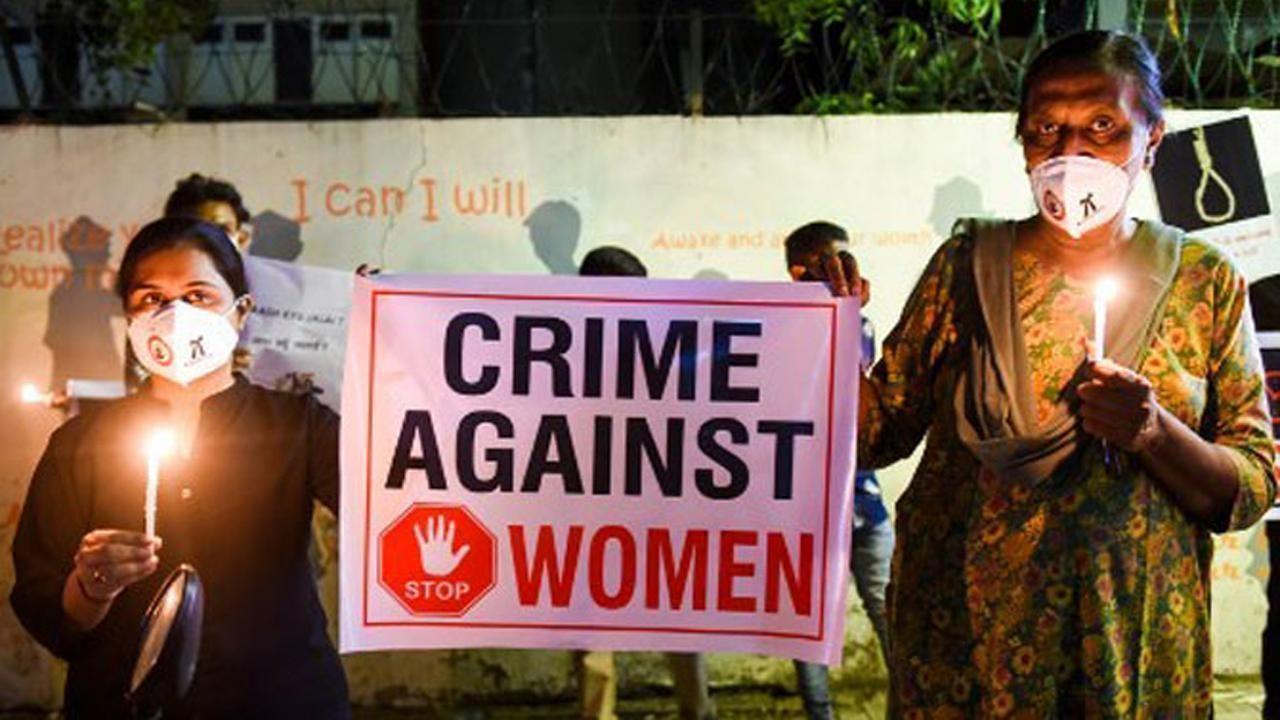State Home Minister Dilip Walse Patil tabled the bill, titled 'The Maharashtra Exclusive Special Courts (for certain offences against women and children under Shakti Law), 2020', in both Houses of the legislature

Representative image
The Maharashtra Legislative Assembly and Council on Thursday unanimously passed a bill that aims to establish special courts to ensure speedy trial of cases of crime against women and children under the Shakti Act.
ADVERTISEMENT
State Home Minister Dilip Walse Patil tabled the bill, titled 'The Maharashtra Exclusive Special Courts (for certain offences against women and children under Shakti Law), 2020', in both Houses of the legislature.
"The bill has been introduced with an aim to conduct trials without delay in cases of certain offences against women and children"As per the bill, exclusive special courts can be set up for hearing the cases or existing courts can be given that rank depending upon the situation," Patil said in the Assembly.
While tabling the bill in the Council, he said, "The Maharashtra government has already cleared the Shakti bill, but it is pending before the Union Home Ministry and yet to reach the office of the President. Meanwhile, we need to make provisions and infrastructure available once the Shakti Act is promulgated."
The bill, among other provisions, provides for appointing special public prosecutor for conducting trials and forming special police teams to probe the offences.
It was first tabled in the House on December 14, 2020 and sent to the joint select committee of the state legislature for discussion.
The Shakti Criminal Laws (Maharashtra Amendment) Bill, which provides for stricter punishment, including death penalty, for crimes against women, was passed unanimously by both the Houses of the legislature in December last year.
This story has been sourced from a third party syndicated feed, agencies. Mid-day accepts no responsibility or liability for its dependability, trustworthiness, reliability and data of the text. Mid-day management/mid-day.com reserves the sole right to alter, delete or remove (without notice) the content in its absolute discretion for any reason whatsoever.
 Subscribe today by clicking the link and stay updated with the latest news!" Click here!
Subscribe today by clicking the link and stay updated with the latest news!" Click here!







